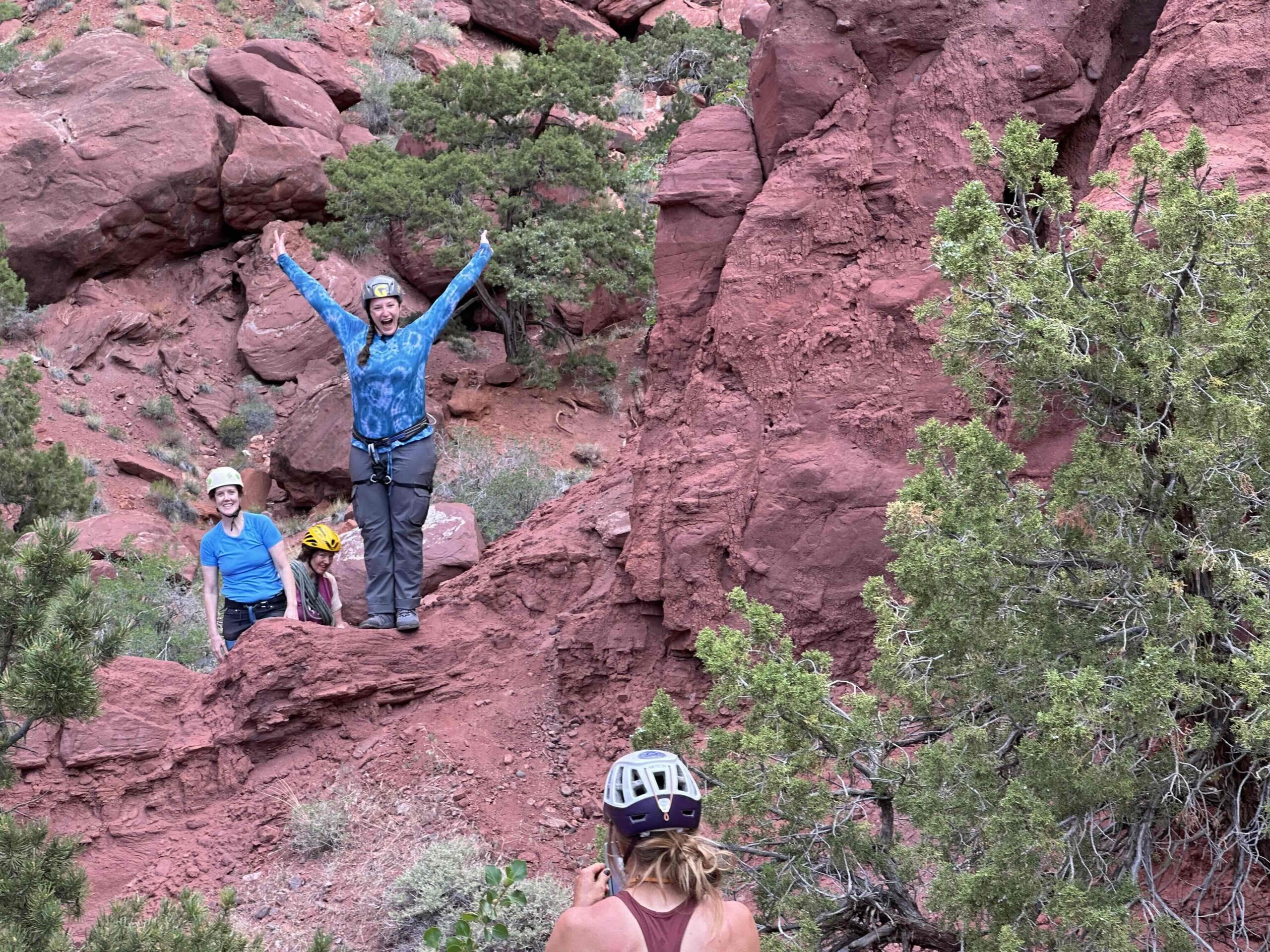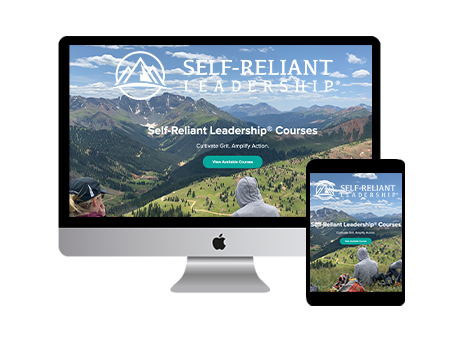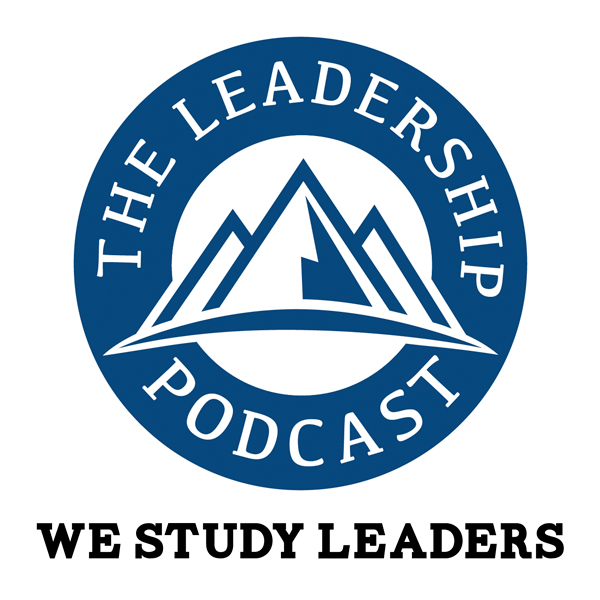It is a secret both in nature and state, that it is safer to change many things than one. ––Sir Francis Bacon
In the past month, I watched my daughter graduate from college, and marry her high school sweet heart in a emotional and perfect ceremony on the edge of Rocky Mountain National Park.
In the same period, my son came home on leave from West Point, and we took a trip to Maui where we cycled up Haleakala, and later scaled Mt. Princeton in Colorado.
The month of May also represented a major change with my career. I decided to leave a public company for a small private venture where the focus is on rapidly responding to market needs.
I am taking the rest of the month off, and over the next few weeks, plan to hike a significant portion of the Colorado Trail solo, and then head to Costa Rica with my wife to celebrate our 25th anniversary. That is a lot of change in one month, and most people have reacted by saying, “I wish I could take a month off.”
Here is what I learned: The changes I personally made were difficult as the status quo would have been “easier.” The decision to make a career change is always difficult. Does the opportunity better align with my personal values? What will others think? What if I did nothing? What opportunity would I be losing/gaining? Self Reliant Leadership is nothing if not about personal change.
Successful leaders have a passion for which they are willing to sacrifice other “comfortable” circumstances. Some people term this passion as hunger while others have describe it as persistence and determination. What follows are what it takes to affect change – first in yourself – and then in others.
Consideration
At this moment, am I in the midst of gathering information, reflecting, assessing, and processing past events in my life? Do I know what is holding me back from where I want to be?
Intention
What are the consequences of not changing (i.e., status quo), and what do I envision as a future state?
Planning
Only one requirement here – have I recorded milestones with due dates? The milestones include what I do by when and is central to diligent time management.
Commitment
Is my passion a powerful desire? Do I have the courage to act? Passion and desire are what distinguishes those with an intense purpose.
Sacrifice
If I start something, what will I need to stop doing (e.g., time wasters)? Am I willing to make a sacrifice and leave my comfort zone to advance my own agenda?
Discipline
Can I stick with it, maintain consistency, and not procrastinate? Does my behavior demonstrate uncanny persistence and determination?
Action
Am I working my plan and hitting the milestones? Am I measuring success and adjusting appropriately to inevitable setbacks?
Habit
Has the new behavior become a habit where it no longer feels like a sacrifice?
Character
Has the habit become so ingrained as to become part of who I am? What are the next steps in my personal growth?
Think about what long-term substantive change means for your personal and professional life. Chances are, you are comfortable. Change requires some level of discomfort, and as humans, we are geared to maintain our own status quo. It might be cliché, but great achievements require great sacrifices.
Think about the people you most admire. Chances are very good that they faced, embraced and adapted to overcome some type of adversity while leaving a zone of comfort. Now think about how this applies to your desire to LEAD CHANGE with others?
Adaptability is not imitation. It means power of resistance and assimilation. ––Mahatma Gandhi








[…] students “to be effective change leaders in their organizations.” I wrote about change last year where I described the following pathways for affecting […]